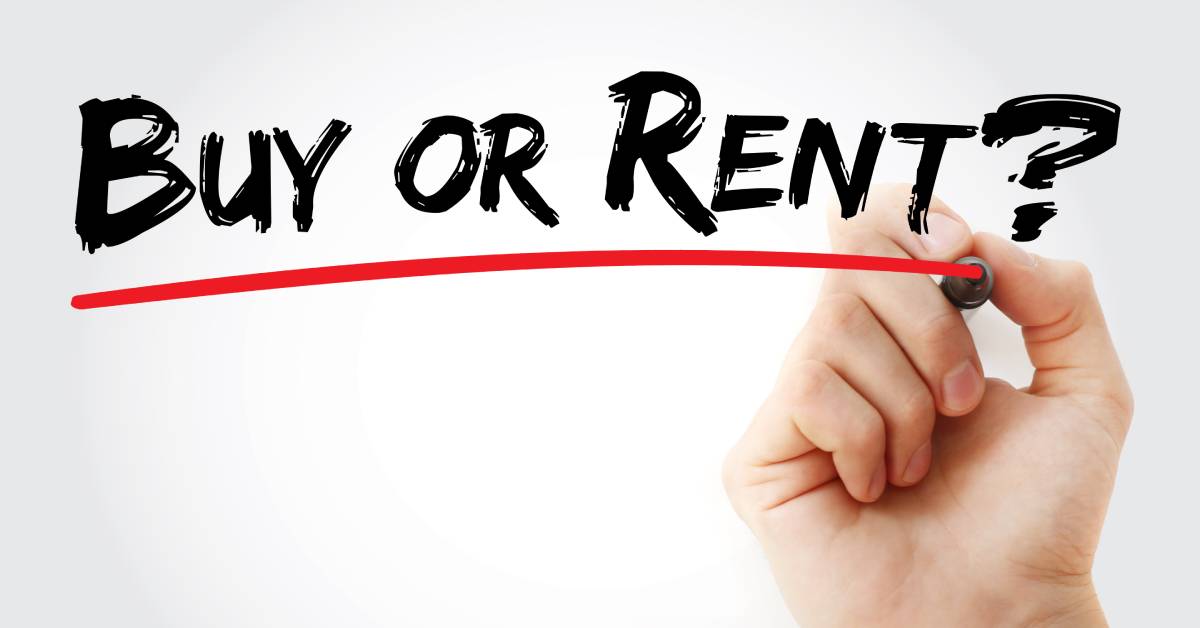Many industrial manufacturers and laboratories must invest in frequency converters to maintain a stable power supply. Frequency converter suppliers will commonly offer facilities the option of renting equipment on a short-term basis or purchasing equipment upfront. When acquiring a frequency converter, it’s important to consider the needs of your facility to ensure efficient operations. We can help you make the most informed decision for your company by presenting the pros and cons of renting versus buying a frequency converter.
Pros of Renting a Frequency Converter
One of the main advantages of renting a frequency converter is flexibility. Renting allows you to access the latest technology without the high upfront costs associated with purchasing. It helps facilities avoid expenses related to maintenance and repairs, as these are typically covered by equipment suppliers. Additionally, renting allows managers to evaluate the converter’s performance and compatibility with their existing systems.
Cons of Renting a Frequency Converter
Although renting a frequency converter can save companies various upfront costs, it can become expensive over extended periods. As such, buying might be more economical in the long run for facilities with ongoing needs. Rental units typically come with standard configurations, which do not suit companies with specific power needs. Lastly, renting comes with the risk of a converter being unavailable during peak times or for specific models.
Pros of Buying a Frequency Converter
Buying a frequency converter is a hands-on investment that can result in long-term savings, especially for companies with continuous and repeated needs. The initial investment might be high, but the absence of recurring rental fees makes ownership more cost-effective over time. Ownership also allows you to maintain and modify the converter as needed, enhancing its longevity and efficiency.
Cons of Buying a Frequency Converter
The most apparent downside to owning a frequency converter is that you are responsible for its maintenance and repairs. Companies will need to mitigate other risks, including the likelihood of their frequency converter depreciating with time, becoming outdated, or no longer meeting their power needs. However, working with a quality manufacturer and service provider best ensures facilities do not encounter any frequency conversion issues.
And there is no better frequency converter manufacturer to work with than Visicomm Industries. We are a leading supplier of solid-state and rotary frequency converters dedicated to meeting the power supply needs of commercial and industrial facilities. We offer frequency converters for 60Hz to 50Hz and many other power outputs. Contact us today for more information about our product line.
